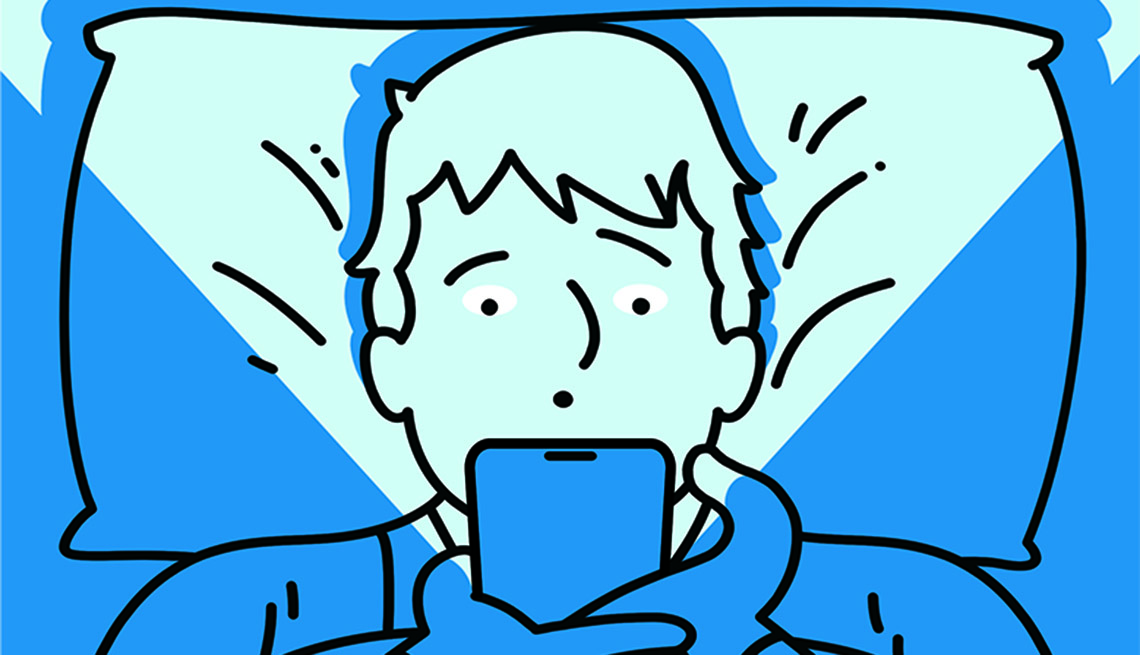Now Reading: Why Some People Can’t Sleep Easily: Understanding Modern Sleep Challenges
-
01
Why Some People Can’t Sleep Easily: Understanding Modern Sleep Challenges
Why Some People Can’t Sleep Easily: Understanding Modern Sleep Challenges

Difficulty falling asleep is a common problem affecting people across India, including those in Tier-2 cities balancing work, family, and social commitments. Stress, lifestyle habits, and environmental factors often interfere with natural sleep patterns, leaving individuals frustrated and fatigued. Understanding why some people struggle to sleep can help identify solutions to improve rest, overall health, and daily functioning.
Stress and Mental Overload
One of the main reasons people can’t sleep is stress. Overthinking, work pressure, and personal worries keep the mind active at night, preventing relaxation. In smaller cities, where professional and familial expectations are high, mental overload can make it difficult to unwind, leading to prolonged sleeplessness.
Lifestyle and Daily Habits
Late-night screen use, irregular sleep schedules, and excessive caffeine consumption disrupt natural sleep rhythms. People who consume heavy meals or engage in stimulating activities before bed often experience difficulty falling asleep. Establishing a consistent routine and limiting exposure to blue light can improve sleep quality.
Environmental Factors
Noise, light, and uncomfortable room conditions also contribute to sleep problems. In Tier-2 cities, traffic, crowded neighborhoods, or small living spaces can create disturbances that interfere with rest. Adjusting the sleep environment to be calm, dark, and cool can help signal the body that it’s time to relax.
Medical and Psychological Factors
Conditions such as insomnia, anxiety, depression, or hormonal imbalances may prevent restful sleep. People experiencing chronic sleep difficulties should consider consulting a healthcare professional for assessment and guidance. Addressing underlying medical or psychological issues is often essential for long-term improvement.
Conclusion
Difficulty sleeping is influenced by stress, lifestyle habits, environmental factors, and health conditions. Recognizing the causes is the first step toward better rest. For residents of Tier-2 cities, creating a structured sleep routine, optimizing the environment, and addressing mental and physical health needs can significantly improve sleep quality and overall well-being.
























